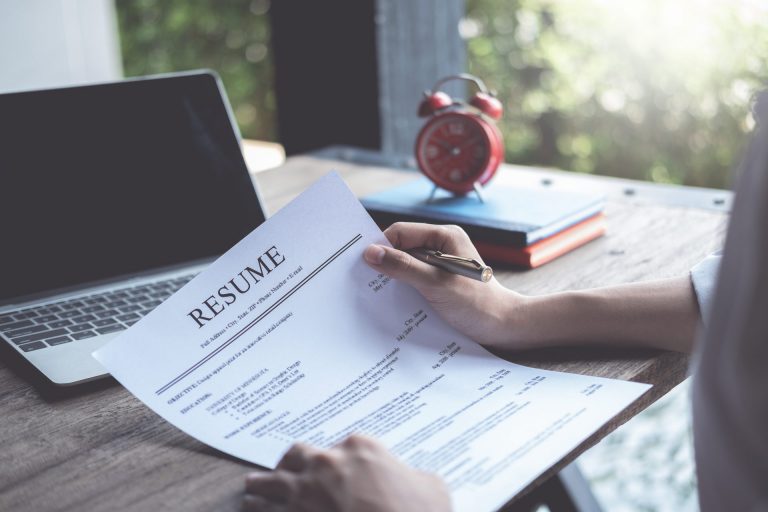How Long Should a Resume Be?
A resume is a crucial part of a job application process, as it serves as the very first impression that a potential employer will have of you. This is why it’s important to strategize and present a compelling and concise resume that highlights your skills, experience, and qualifications. However, the question of how long a resume should be is a common problem that job seekers often face.
The answer to this question is not straight forward as the length of a resume depends on several factors. The current standard for the length of a resume is one to two pages, which can be difficult to adhere to if you have extensive experience or diverse skills. However, there are certain considerations you should make when determining the appropriate length of your resume.
The first consideration you should make is the type of job you’re applying for. For entry-level or junior positions, a one-page resume may suffice as the employer is only looking for a snapshot of your skills and experience. However, for senior or executive-level positions, a two-page resume may be necessary to showcase your extensive experience and qualifications. Similarly, if you’re applying for an academic job or research position, your resume may be longer as it should include details about your publications, research, and academic history.
Another consideration is the relevance of your experiences. It’s important to tailor your resume to the job you’re applying for rather than listing all your experiences and qualifications. Only include information that is relevant and significant to the position. This can help to keep your resume concise and avoid unnecessary information.
When it comes to design, the formatting style can also affect the length of the resume. Avoid using large fonts, excessive spacing, or lengthy paragraphs, as these can take up unnecessary space. Instead, use bullet points to allow for easy scanning and highlight your accomplishments and achievements in a concise manner.
Finally, keep in mind that the resume is not a complete summary of your work history. It’s merely an introduction to your qualifications and skills, so it should be a reminder to keep it concise and relevant. The employer will have the opportunity to review your detailed work history and qualifications in your cover letter or during the job interview.
In conclusion, there isn’t a definitive answer to how long a resume should be, but a good rule of thumb is to keep it concise and relevant. The length of your resume should be determined by the job you’re applying for, the relevance of your experiences, the formatting style, and the overall design of the document. By following these considerations, you can create a compelling and concise resume that captures the employer’s attention and leads to an interview.
Get your free resume analysis from our expert team today to ensure that you never miss your chance to make a great first impression!







